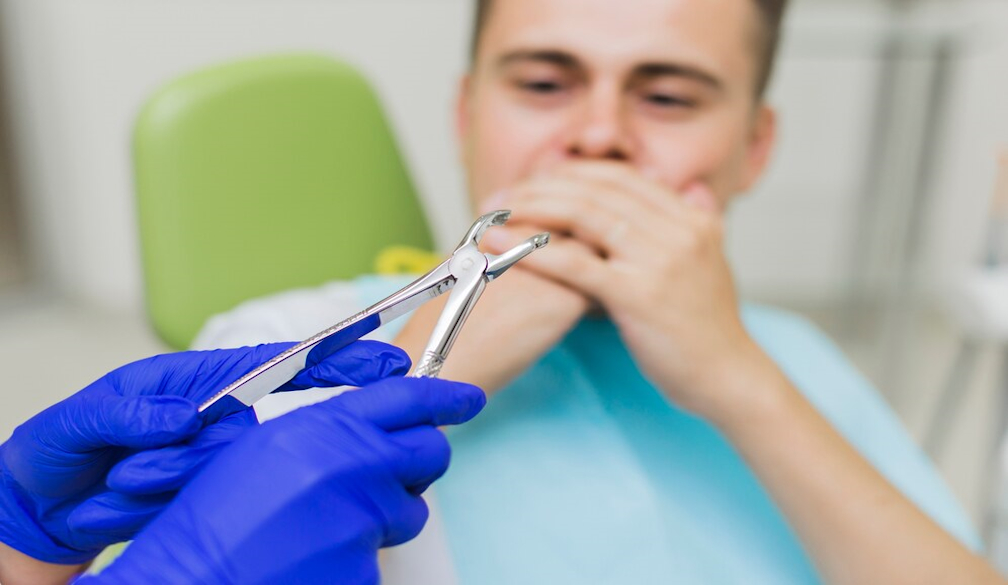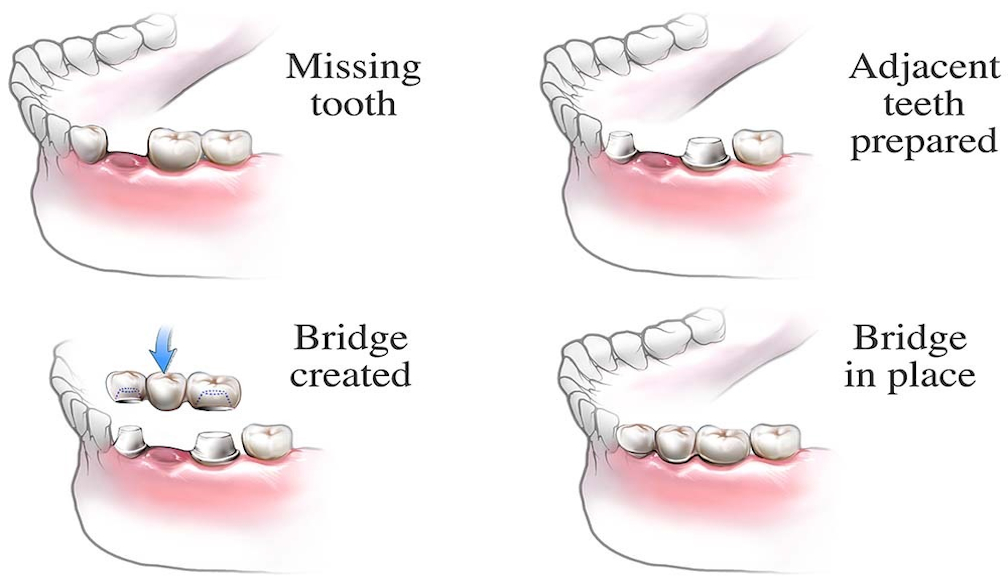Everything You Need to Know About Wisdom Teeth Extraction

Introduction
Wisdom teeth are the last set of molars to develop, typically emerging in late adolescence or early adulthood. For many people, this can be a straightforward process, but for others, wisdom teeth can cause a variety of issues that require removal. If you’re experiencing pain or discomfort related to these molars, you may need a wisdom teeth extraction. In this article, we’ll cover why wisdom teeth often need to be removed, the extraction process, and how to recover quickly after the procedure.
Why Do Wisdom Teeth Need to Be Removed?
Not everyone needs to have their wisdom teeth removed, but it’s a common procedure due to the problems these teeth can cause. There are several reasons why a wisdom teeth extraction might be necessary:
- Impacted Wisdom Teeth
One of the most common issues with wisdom teeth is impaction, which occurs when the tooth doesn’t have enough room to emerge properly. This can lead to the tooth being stuck under the gums or partially emerging, causing pain, swelling, and even infection. Impacted wisdom teeth are a major reason why many people undergo extraction.
- Crowding and Alignment Issues
Wisdom teeth can cause overcrowding in your mouth, pushing other teeth out of alignment. This can lead to discomfort and negatively impact the results of previous orthodontic work, such as braces. Wisdom teeth extraction is often recommended to prevent or correct these alignment issues.
- Infections and Decay
Because wisdom teeth are located at the back of the mouth, they can be difficult to clean properly. This makes them more prone to decay and infection. If left untreated, these infections can spread, affecting other teeth and gums. In such cases, extracting the wisdom teeth is often the best solution.
The Wisdom Teeth Extraction Process
If your dentist recommends a wisdom teeth extraction, you may feel anxious about what the procedure entails. Fortunately, wisdom teeth removal is a common, routine procedure that dentists and oral surgeons perform regularly. Here’s what you can expect during the extraction process:
- Consultation and X-rays
Before the procedure, your dentist will likely take X-rays to get a clear view of the position and condition of your wisdom teeth. This helps determine whether the extraction will be straightforward or if additional care is needed for impacted teeth.
- Anesthesia
On the day of the extraction, your dentist will administer local anesthesia to numb the area, ensuring you don’t feel pain during the procedure. In some cases, general anesthesia may be used, particularly if multiple teeth are being removed or if the procedure is more complex.
- Extraction
Once the area is numb, the dentist will make an incision in the gum tissue to access the tooth. If the tooth is impacted, it may need to be broken into smaller pieces to remove it more easily. After the tooth is extracted, the area is cleaned, and stitches may be used to close the gum.
- Post-Procedure Care
After your wisdom teeth extraction, your dentist will provide you with aftercare instructions to ensure proper healing. This may include advice on managing pain, swelling, and preventing infection.
Recovery Tips After Wisdom Teeth Extraction
Recovering from a wisdom teeth extraction typically takes about one to two weeks, depending on the complexity of the procedure. To ensure a smooth recovery, follow these tips:
- Rest and Ice
After the procedure, it’s important to rest and avoid strenuous activity for the first few days. Applying ice packs to the face can help reduce swelling and numb the area.
- Manage Pain
Your dentist may prescribe pain relief medication, but over-the-counter painkillers can also help manage discomfort. Follow your dentist’s recommendations for pain management to ensure a more comfortable recovery.
- Soft Foods
For the first few days after surgery, stick to soft foods like soups, mashed potatoes, and yoghurt. Avoid hard, crunchy, or chewy foods that could irritate the extraction site.
- Oral Hygiene
Keeping your mouth clean is essential to prevent infection. Your dentist will provide guidelines on how to carefully rinse your mouth and when to start brushing again. Avoid using a straw, as the suction can dislodge the blood clot that forms in the socket, leading to a painful condition known as dry socket.
When to Seek Help
While most people recover from wisdom teeth extraction without any issues, it’s important to monitor your healing process. Contact your dentist if you experience any of the following:
- Severe pain that doesn’t improve with medication
- Excessive swelling or bruising
- Persistent bleeding that doesn’t stop after applying pressure
- Signs of infection, such as fever or discharge from the extraction site
These could be signs of complications that require professional attention.
Conclusion
Wisdom teeth can cause a variety of dental issues, from pain and overcrowding to infections and alignment problems. If you’re experiencing discomfort or have been advised by your dentist, a wisdom teeth extraction may be the best solution to prevent further complications. The extraction process is a common and routine procedure, and with proper aftercare, most people recover without any issues. If you think you may need to have your wisdom teeth removed, consult with a dental professional for advice on the best course of action.



